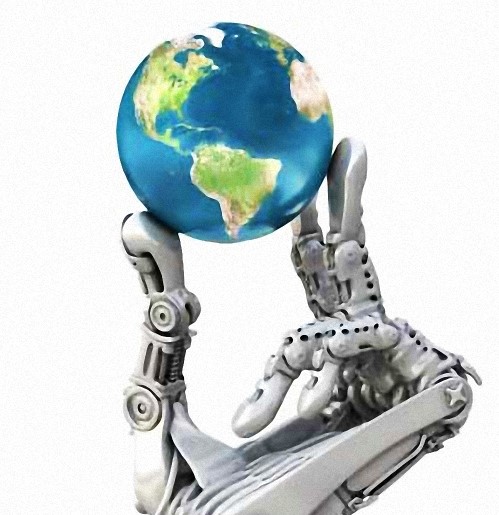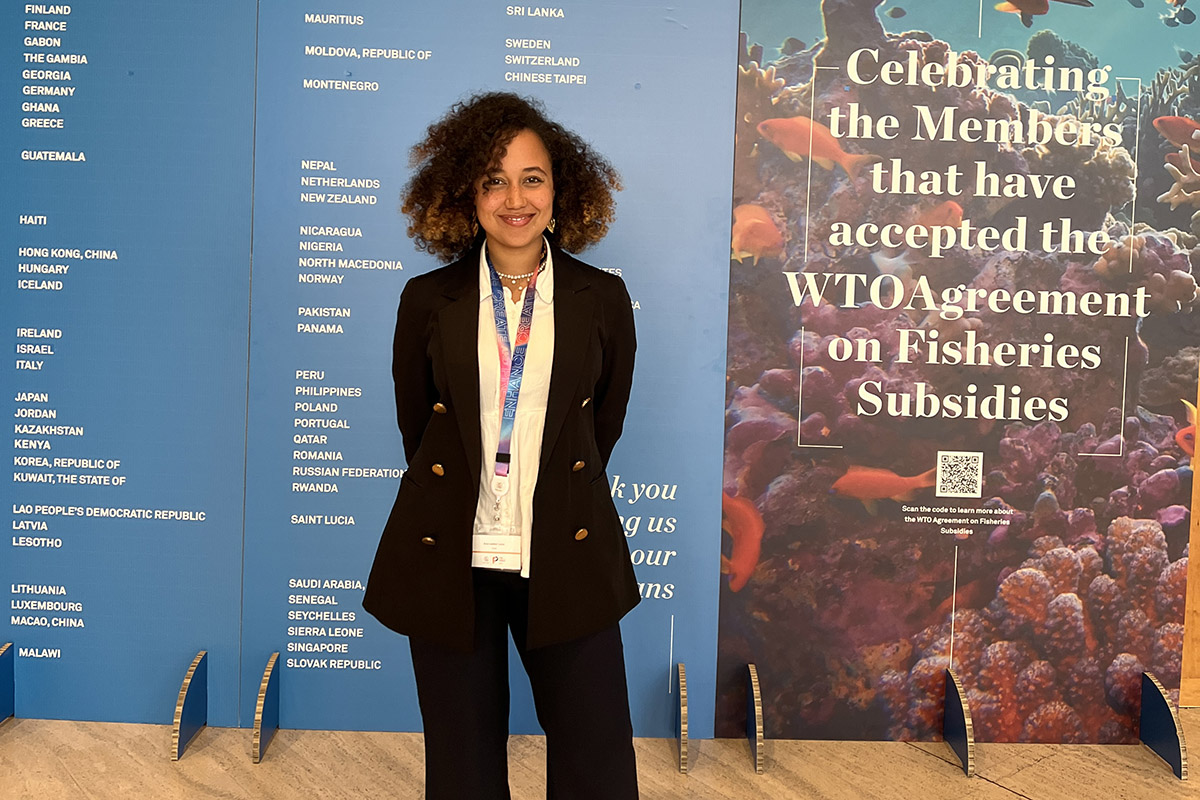“Artificial intelligence in our natural world”
December 13 Mid-century notions of robots and technology were amusing, writes Ratika Singh, 25, a Correspondent from Bhopal in India, but the evolution of artificial intelligence must consider human and natural priorities.
Mid-century notions of robots and technology were amusing, writes Ratika Singh, 25, a Correspondent from Bhopal in India, but the evolution of artificial intelligence must consider human and natural priorities.
A world of robots and advanced technical machines, also known as artificial intelligence, accompanying human beings was good when it was limited to cartoons and movies for our entertainment.
But seeing the evolution of robot technology in the real world is freaky. It is not a trivial issue. It is not a concern of a single person. We all have to do our bit.
When the Industrial Revolution began, there was transition going from hand production methods to machines. There was also a tremendous transition in the concentration of greenhouse gases (GHGs) with the growth of industry, and GHGs have increased in the atmosphere since the industrial revolution. It is the main cause of global warming. A UNICEF report tells us that “since 1880, the global average temperature has increased by an estimated 0.85ºC. Even relatively small changes in temperature, and their consequences on the climate system, can have major effects on ecosystems, agriculture, water resources, diseases and human health.”
Similarly, if today artificial intelligence replaces human power in a wholesale manner, then it is not a good sign for the environment and humanity. It will render human useless and further increase our carbon footprint.
How it will increase the carbon footprint? The more machines will be produced, the more machines will be put into work. The manufacturing involved will emit radiation and greenhouse gases, as a whole contributing to a larger carbon footprint.
Widespread replacement of human workers and human effort by artificial intelligence will lead to international and interpersonal segregation. There won’t be a transfer of the workforce across national frontiers. No exchange of culture, tradition, or new ideas. The globalisation that inspired the broader outlook of an interconnected and interdependent world seems to get narrower again as intelligent machines do more
On a deeper level everything is interconnected, hence interdependence is significant for the preservation of environment.
Does air belong to any single person? No! Does water belong to any single person? No! All the natural resources exist without any boundaries and possessions, including us. The superficial barriers of political, national, or economic distinctions are created by us. We are all one as well.
It’s tough to inculcate this, but this is the time to begin from somewhere. Give it a try. It is our collective responsibility to live in harmony with mother nature. It is high time to care for our natural environment.
As far as technological advancement is concerned, it should be in balance with sustainable development. The general law of nature is the principle of balance.
Do we need robots beside us? Or humans? Ultimately, we humans are social animals. We must value humans.
Can we eat machines? Or food? We need to sustain the ecological stability.
Where are we heading? What do we want to achieve? For what? At what expense?
Hopefully, in answering these questions we will separate the artificial and intelligence from ‘artificial intelligence’, and use the intelligence for the betterment of humanity and the natural environment.
Reach me on Twitter @ratikasingh16
Photo credit: Jaguar Dorado
…………………………………………………………………………………………………………………
About me: I am budding environmental scientist. I am an educator and activist. I am an artist, and I like to paint. I volunteer for environment related NGOs and I am involved with a group that works for mental health awareness.
…………………………………………………………………………………………………………………
Opinions expressed in this article are those of the author and do not necessarily represent the views of the Commonwealth Youth Programme. Articles are published in a spirit of dialogue, respect and understanding. If you disagree, why not submit a response?
To learn more about becoming a Commonwealth Correspondent please visit: http://www.yourcommonwealth.org/submit-articles/
…………………………………………………………………………………………………………………




